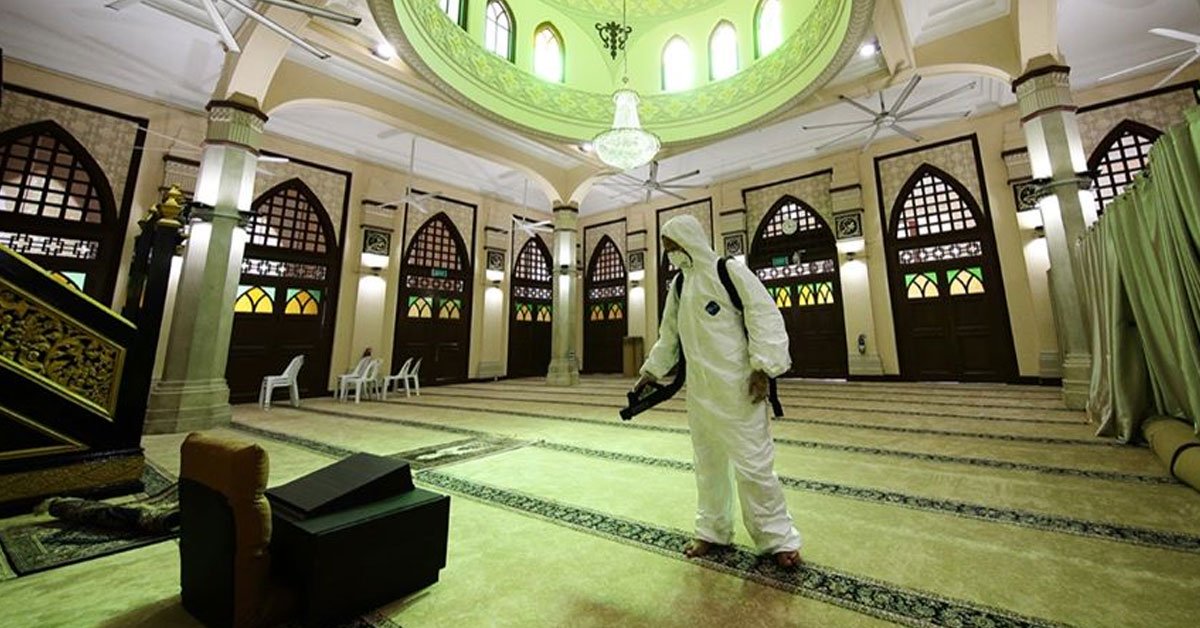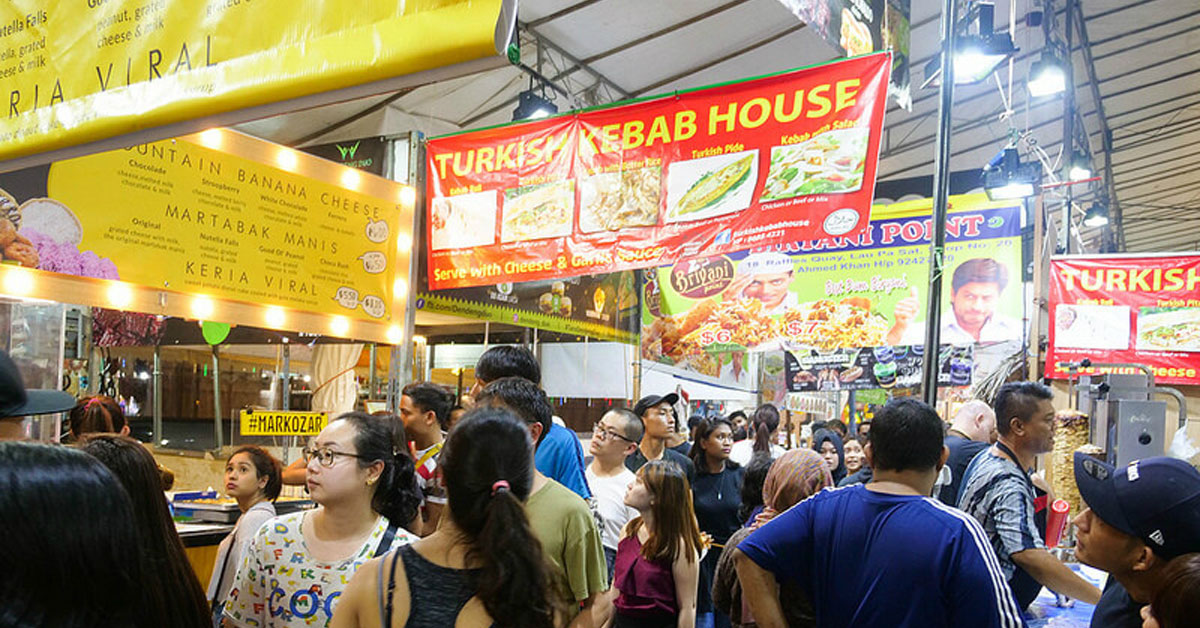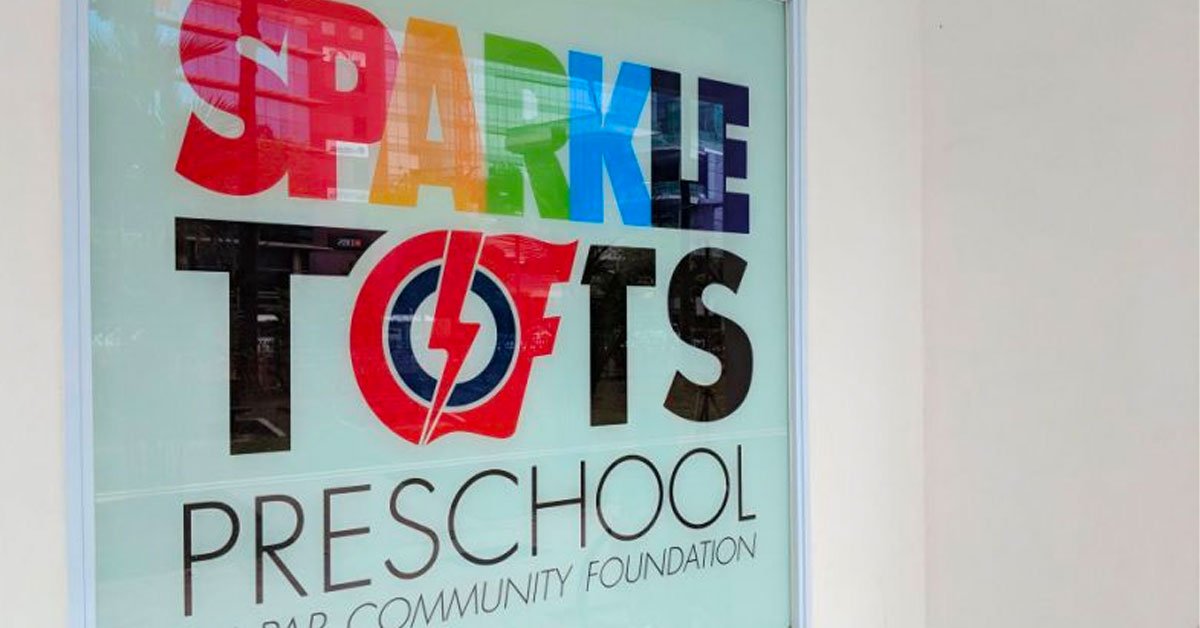I’m sure it came as a big shock to a lot of Muslims when it was announced that mosques were being closed in order to prevent further spread of the COVID-19.
The first announcement was made on 13 March that mosques would be closed for five days for cleaning after several people who visited some of the mosques tested positive for the coronavirus after they had attended a religious gathering in Malaysia.
“Subsequent contact tracing by the Ministry of Health (MOH) revealed that the five infected individuals frequented at least 10 mosques during their infectious period,” said MUIS in a statement.
The Islamic Religious Council of Singapore (MUIS) made another announcement on 16 March that all mosques in Singapore were to remain closed until 26 March.
This means an extension of at least another nine days based on a recommendation by the Health Ministry (MOH), to complete “one incubation period to break the cycle of transmission” of the coronavirus.
But time has passed and slowly but surely, mosques have slowly begun to reopen again.
Small Spaces At Mosques To Be open To Limited Number Of Devotees For Afternoon Prayers
Although most mosques will remain closed to stop the spread of the virus, some will have “small spaces” opened for prayer in the afternoons.
The Islamic Religious Council of Singapore (MUIS) took to Facebook to share that from Monday to Thursday, 19 mosques across the island will provide a space for less than 20 people at a time to perform their two afternoon prayers.
The mosques that will open to worshippers include Masjid Darul Ghufran Mosque in Tampines, Masjid An-Nahdhah in Bishan and Masjid Pusara Aman in Lim Chu Kang.
Decision To Open Small Prayer Areas Was To Meet Needs Of Worshippers Who Are Taxi Drivers
MUIS explained that the decision to open small prayer areas in certain mosques is targeted at worshippers who are taxi drivers, delivery drivers and riders who might “face problems finding a place to pray during their work hours”.
These spaces will only be opened from 1.15pm to 6pm. Further, in order to perform prayers at these areas, you will be required to bring your own prayer mats and garments.
Other measures will also be implemented to prevent the spread of the virus such as temperature checks, health declarations and contact tracing measures.
Strictly For Individual Prayers
In addition, no large gatherings will be allowed to take place and these spaces are only strictly for individual prayers.
MUIS said, “no congregational prayers will be conducted, and safe distancing will be maintained between each individual.”
They also added that regular sanitation and cleaning will take place.
“We wish to emphasise that only a small area of the mosques will be accessible to the public, and this is strictly for the purpose of individual prayers,” the council added, noting the areas used will be “sanitised regularly”.
Thus, those who are looking for a place to pray will not need to worry about germs flying everywhere.
“We hope this small measure over the next few days will help ease the challenges faced by some members of our community who, because of the nature of their job, have difficulty finding a place to pray.”
Muis also said that they understood the medical and scientifically grounded precautions that have to be implemented.
“Muis will seek guidance from the Fatwa Committee, to incorporate the additional measures while ensuring adherence to our religious requirements, to ensure that congregational prayers can be conducted safely in our mosques,” it said.
Measures Involving Mass Gatherings
Mosques aren’t the only places that have regulations and restrictions put into place. For instance, on Friday, MOH announced that until the end of June, all events and gatherings with 250 or more participants attending at any one time must be suspended to reduce the risk of further local transmission of COVID-19.
Those with lesser than 250 participants will still be required to implement precautionary measures.
For instance, by having spaced seating at events as well as having temperature taking and health screening measures.



